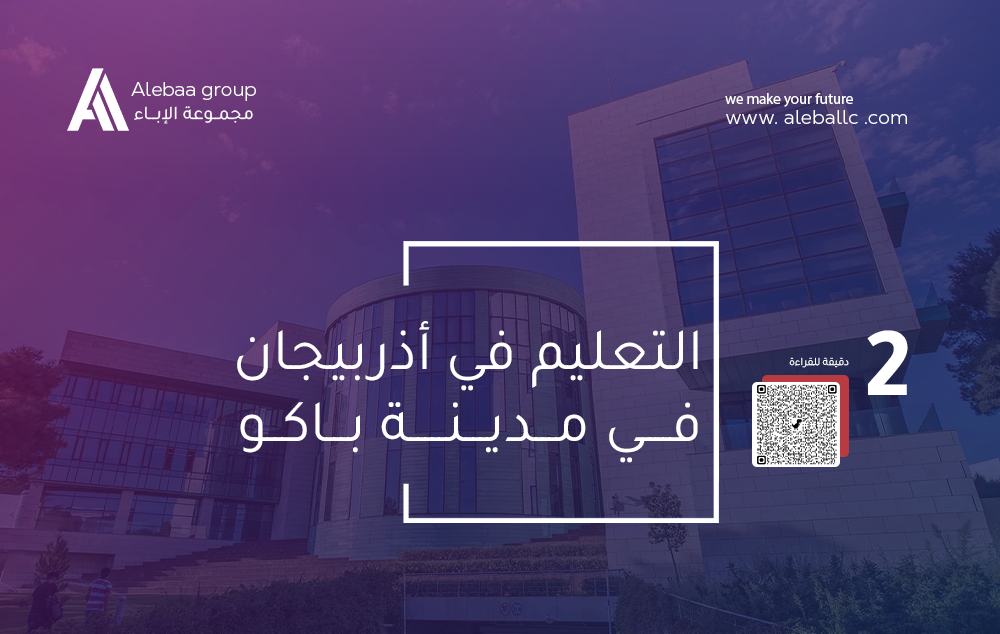جدول المحتويات
The emergence of political science,
Although social sciences were not academically recognized as such until the nineteenth century, However, the concept of political science has been around since ancient times. Indeed, the ancient Greek philosopher Aristotle is actually credited with coining the term “political science”.
in the old ages , It was this kind of political thought, Which is synonymous with the system of political philosophy, A guide for rulers on how to govern their subjects. Aristotle’s ideas derived from his conclusion that governments should seek to benefit from the general welfare of the population, Unlike some individuals.
With the sixteenth century, a more systematic understanding of government affairs emerged, With the emergence of political theorists such as Machiavelli, Hobbes, Rousseau and Locke, Whose views of the property and their individual rights affected the American founding father Thomas Jefferson as the Industrial Revolution with the spread of Enlightenment thought brought with it a change in the field of political science.
The focus of political science did not shift again until the 50s. This time around behavioral. The movement announced, Led by political scientists likes David Easton, And Gabriel Almond, And, John Rolls On the merits of studying understandably understood political behavior, Most colleges and universities require students who earn a political science degree to take lessons in political behavior.
The most prominent undergraduate programs available in the field of political science study:
What is the benefit of studying political science?
Upon completion of the major in political science, students are expected to obtain:
- An objective and practical understanding of political systems.
- Knowledge of concepts that provide an understanding of political experience locally and globally.
- Awareness of multiple political traditions and exploration of enduring questions about how societies govern themselves and tackle power problems.
- Knowledge of appropriate methods and methods for investigation, including statistical and interpretative techniques, for a systematic approach to studies of political problems.
- The ability to communicate clearly and persuasively in oral and written form


























